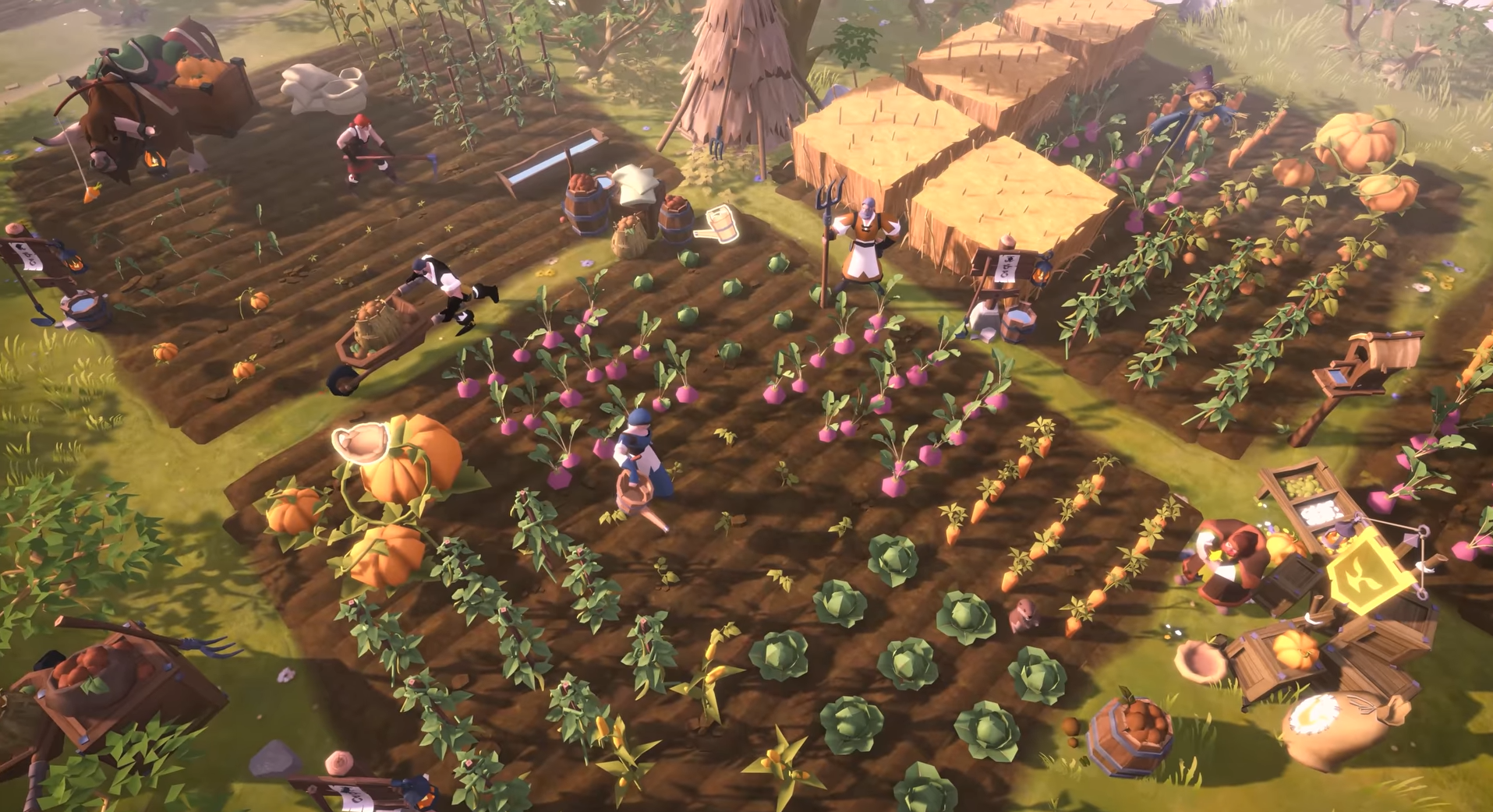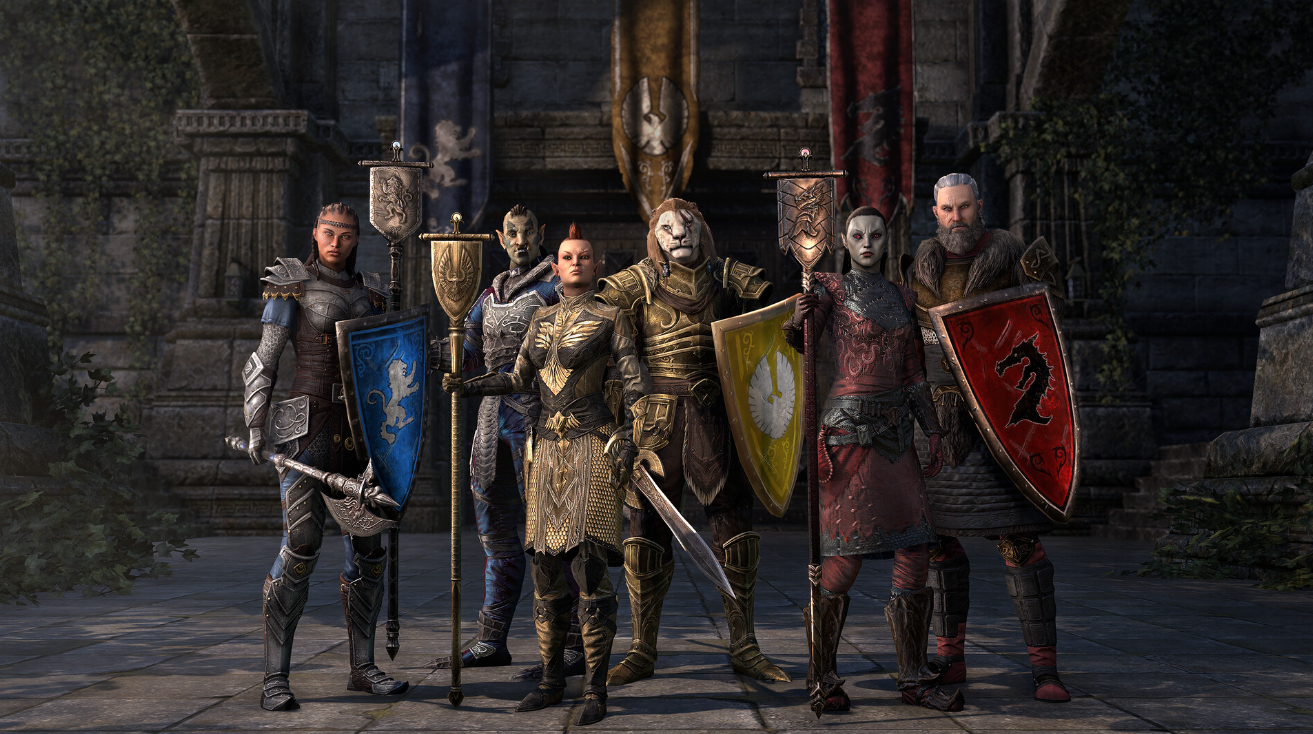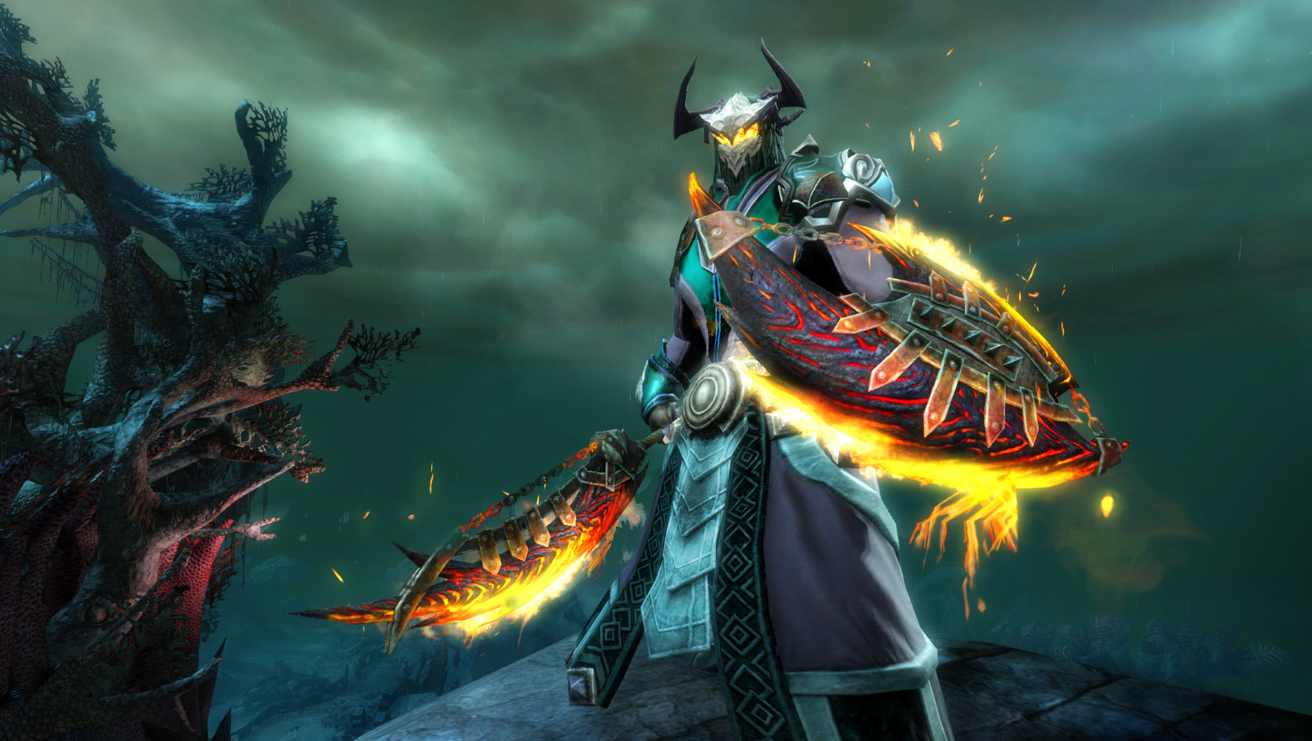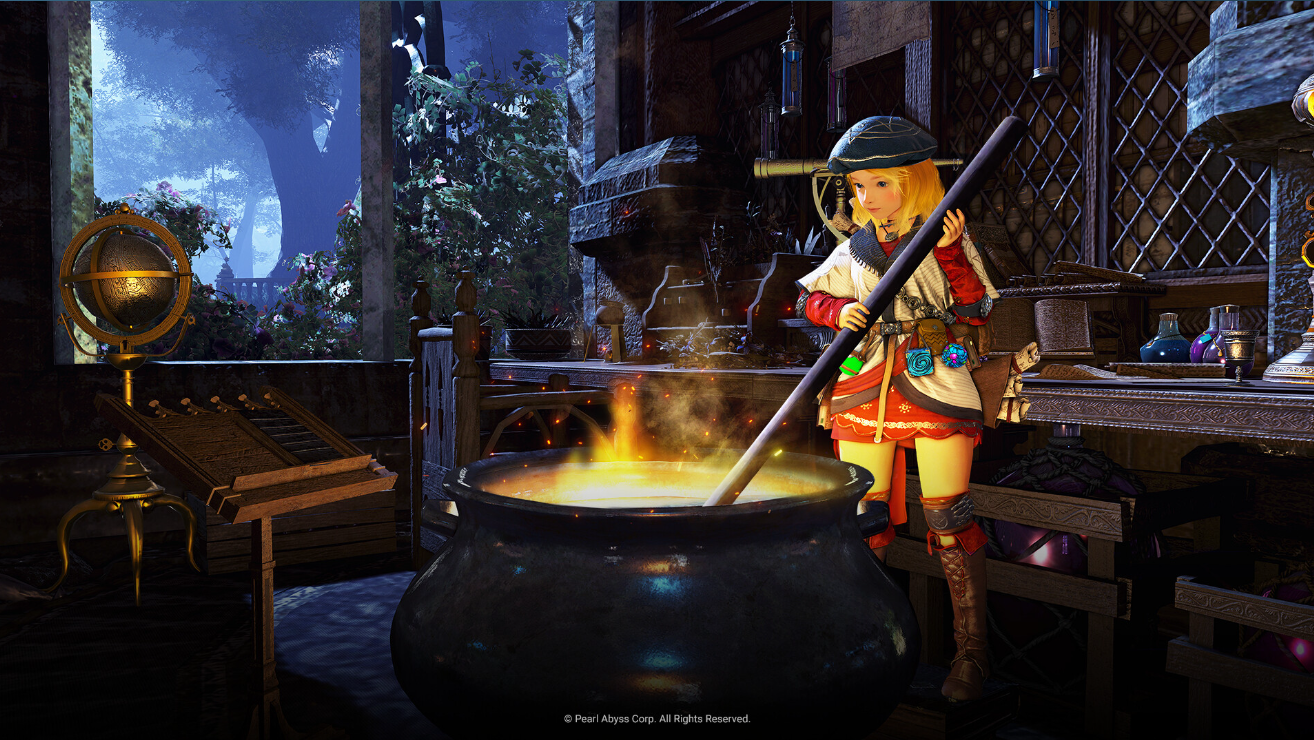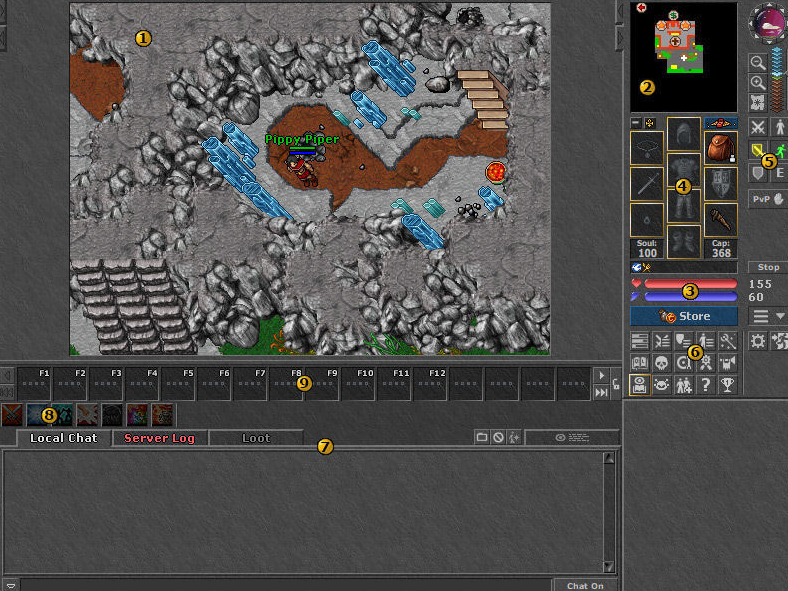Top 5 Best Games Like RuneScape to Play in 2024
If you’re a fan of RuneScape (whether that means RS3 or OSRS) and looking to explore new worlds, there’s a fantastic selection of MMORPGs out there that have similar vibes for one reason or another. From the sandbox freedom of Albion Online to the lore-rich adventures and great questing of Elder Scrolls Online (ESO), each game brings something unique and special to the table, whether you’re into intense PvP, crafting economies, or immersive storytelling, these alternatives offer a fresh yet familiar experience. Here’s a closer look at some of the best games to try in 2024!
Image Credit: Sandbox Interactive GmbH, Albion Online
1. Albion Online
Albion Online is set in a medieval-fantasy world where quite literally everything revolves around player interaction. In this sandbox MMORPG, players gather materials, craft items, and form alliances, which shape the in-game economy. Every item is player-crafted, making resource gathering, trading, and crafting integral parts of the experience. Because there’s no defined class system, players can take on multiple roles without creating new characters, similar to how it works in RuneScape 3 and Old School Runescape.
PvP is not only encouraged but core to the game’s experience (although you could stay in zones that don’t require PvP, but you’d definitely be missing out on higher-tier resources). Open-world PvP zones are high-stakes areas where losing a battle often means losing all your gear, almost exactly like being skulled in the RuneScape wilderness. Territory wars between different guilds and their allies require careful planning, skill, and team coordination, which brings with it a thriving community and intense rivalries. For those who prefer cooperation over competition, PvE dungeons and group expeditions also offer challenging content and valuable rewards.
Image Credit: ZeniMax Online Studios, Elder Scrolls Online (ESO)
2. Elder Scrolls Online
ESO brings the incredibly lore-filled Elder Scrolls universe online, allowing players to explore iconic locations across Tamriel with deep storylines for each faction. ESO’s quests stand out for having some pretty immersive and diverse narratives (with soooooo many quests) and choice-driven outcomes that affect the world, making every interaction meaningful. With cinematic and voice-acted dialogue, moral choices, and a main storyline, ESO allows for some cool roleplaying (if you’re into that) that holds up well for both new and returning players.
Players also aren’t confined by traditional classes in the same way as a lot of other MMOs (though you do have class-specific abilities). While you choose a class at the start, skills are highly customizable, and you can pick abilities from many different skill lines regardless of what you choose, whether they come from weapon types, guilds, or even your race. This flexibility allows for players to experiment with unique builds suited to their playstyle, whether they want to be a stealthy archer, a mage tank, or something entirely unconventional. Expansions bring new zones, skills, and PvP modes, with loads of content that has been built up over time and, best of all, it doesn’t matter which order you play it in as it will always be relevant with items and resources that are useful.
Image Credit: ArenaNet, Guild Wars 2
3. Guild Wars 2
One of Guild Wars 2’s most innovative features is its dynamic events system, which replaces a good amount of typical questing. Events happen in real-time based on player actions, meaning a failed battle might change the state of an area until players retake it. This creates a sense of urgency and variety as players encounter spontaneous events, whether it’s fending off a bandit raid or aiding villagers.
Guild Wars 2 encourages exploration with a map designed to reward curiosity better than almost any other. Points of interest, skill challenges, and jumping puzzles are scattered across zones, inviting players to explore every corner. With mounts that are more than just speed boosts—some fly, leap across vast distances, or climb walls—exploring becomes an adventure in itself. The game’s expansive Living World seasons and expansions bring new lands, raids, and elite specializations, allowing for a solid amount of replayability.
Image Credit: Pearl Abyss, Black Desert Online (BDO)
4. Black Desert Online (BDO)
BDO is known for its graphics and responsive, action-based combat system. Unlike traditional MMOs, BDO’s combat is skill-intensive, requiring players to aim attacks, dodge, and chain combos fluidly. Each class has unique abilities, and the focus on skillful combat makes battles feel more engaging. Players can invest hundreds of hours into mastering PvP, where guild wars and large-scale sieges let them flex their combat prowess.
BDO stands out for having a comprehensive life skill system, which lets players engage in activities like trading, fishing, farming, and horse breeding. These life skills aren’t just side content—they can become core to a player’s adventure, allowing them to progress without heavy reliance on combat. The game’s economy is heavily influenced by player actions; resources are limited and must be gathered or traded, creating a deep and interconnected system that rewards planning and patience.
Image Credit: CipSoft, Tibia
5. Tibia
Released in 1997, Tibia is one of the oldest MMOs still active, with a player base that cherishes its old-school mechanics. The game is challenging, with no in-game maps or clear quest markers, making exploration a personal journey. Players must communicate with NPCs, solve puzzles, and uncover quests without the hand-holding modern MMOs offer.
Tibia’s community is deeply involved in gameplay, with many veteran players guiding newcomers through its demanding PvE content. PvP comes with high risks, as death can lead to experience and item loss. The community does a good job at fostering friendships and alliances are vital, especially when venturing into the game’s most dangerous dungeons.
Each of these games offers something distinct, whether it’s Albion’s sandbox economy, ESO’s immersive storytelling, Guild Wars 2’s dynamic world events, BDO’s life skills, or Tibia’s unforgiving PvE. Together, they cover a wide range of MMO experiences, giving RuneScape fans plenty of reasons to explore new worlds in 2024.


